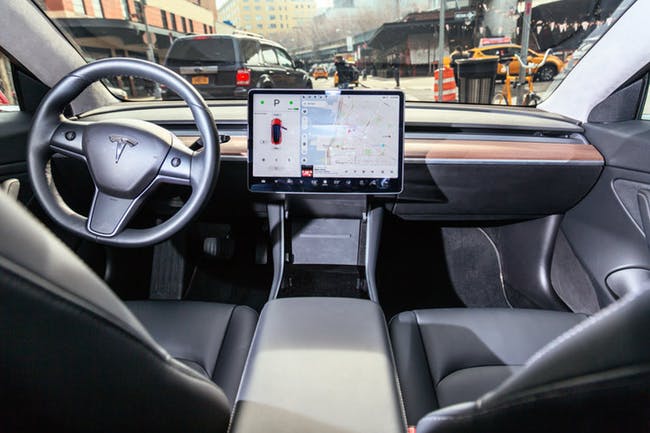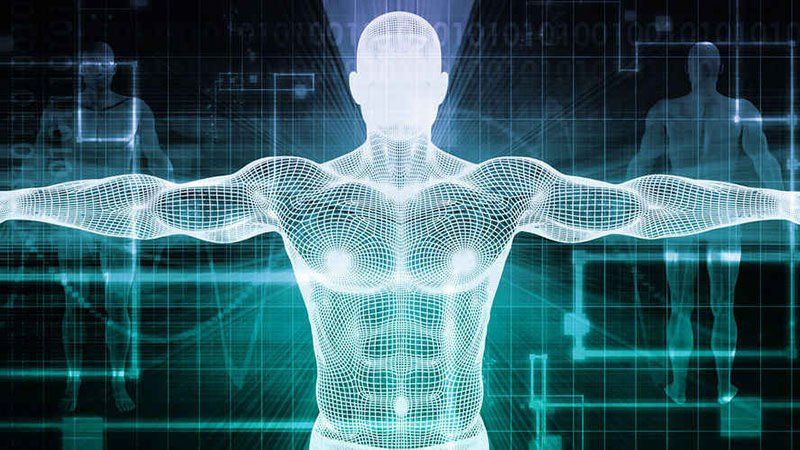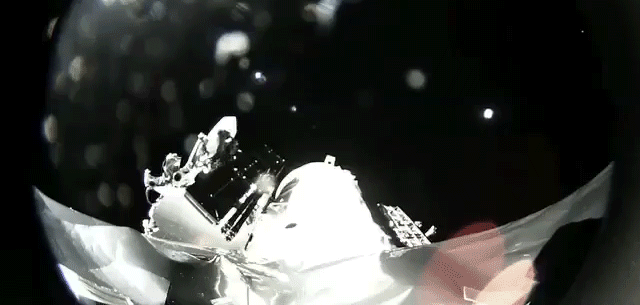
The particle physicists at the Niels Bohr Institute have obtained new results, working with the LHC, replacing the lead-ions, usually used for collisions, with Xenon-ions. Xenon is a “smaller” atom with fewer nucleons in its nucleus. When colliding ions, the scientists create a fireball that recreates the initial conditions of the universe at temperatures in excess of several thousand billion degrees. In contrast to the Universe, the lifetime of the droplets of QGP produced in the laboratory is ultra short, a fraction of a second (In technical terms, only about 10-22 seconds). Under these conditions the density of quarks and gluons is very large and a special state of matter is formed in which quarks and gluons are quasi-free (dubbed the strongly interacting QGP). The experiments reveal that the primordial matter, the instant before atoms formed, behaves like a liquid that can be described in terms of hydrodynamics.
How to approach “the moment of creation”
“One of the challenges we are facing is that, in heavy ion collisions, only the information of the final state of the many particles which are detected by the experiments are directly available – but we want to know what happened in the beginning of the collision and first few moments afterwards”, You Zhou, Postdoc in the research group Experimental Subatomic Physics at the Niels Bohr Institute, explains. “We have developed new and powerful tools to investigate the properties of the small droplet of QGP (early universe) that we create in the experiments”. They rely on studying the spatial distribution of the many thousands of particles that emerge from the collisions when the quarks and gluons have been trapped into the particles that the Universe consists of today. This reflects not only the initial geometry of the collision, but is sensitive to the properties of the QGP. It can be viewed as a hydrodynamical flow.
Continue reading “The state of the Early Universe: The beginning was fluid – Niels Bohr Institute — University of Copenhagen” »


















